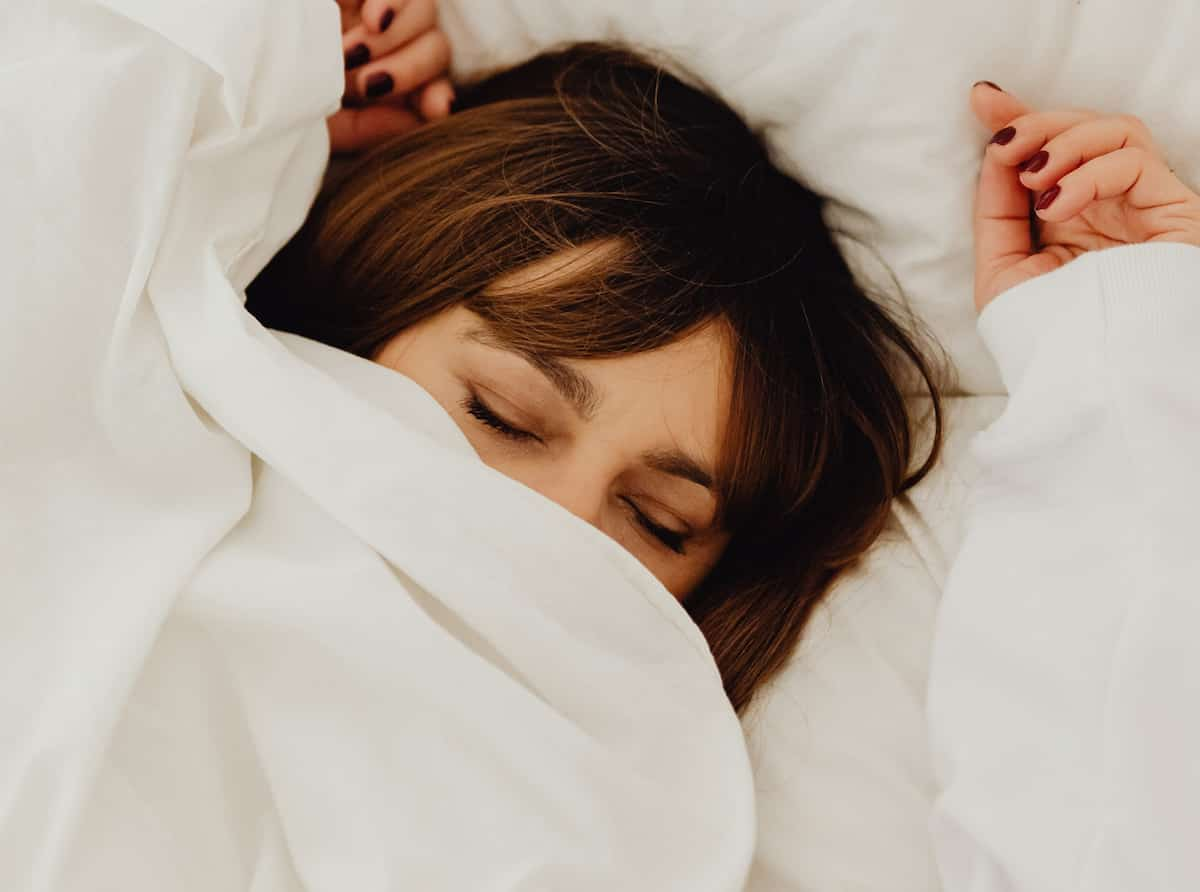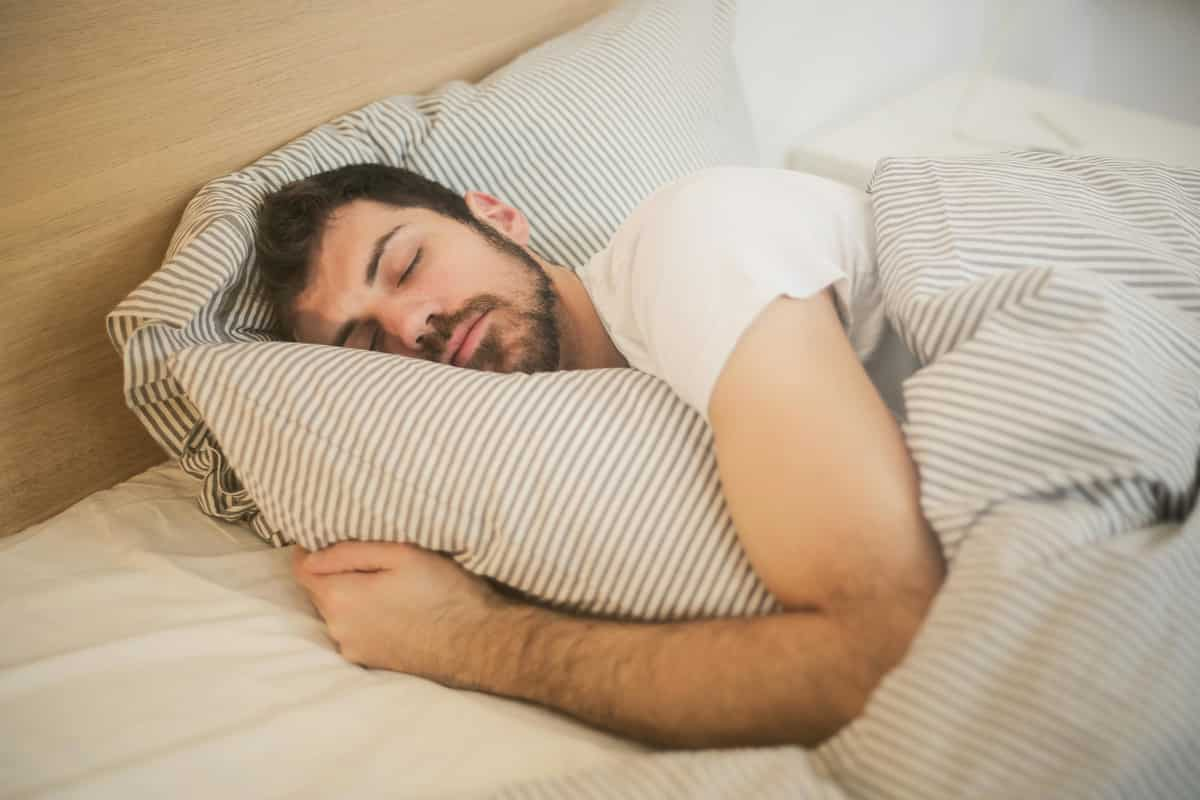Almost one-in-ten regularly take this medication that is repeatedly linked to increased dementia risk.
Almost one-in-ten regularly take this medication that is repeatedly linked to increased dementia risk.
Another study has found a link between taking sleeping medication and increased dementia risk.
Taking sleep medication was linked to a 79 percent increased risk of dementia among white people.
The link was not seen in Black people, however, and Dr Yue Leng, the study’s first author, is not sure of the reason:
“Differences may be attributed to socio-economic status.
Black participants who have access to sleep medications might be a select group with high socio-economic status and, thus, greater cognitive reserve, making them less susceptible to dementia.
It’s also possible that some sleep medications were associated with a higher risk of dementia than others.”
The study included around 3,000 older people, average age 74, almost half of whom were Black.
The results showed that white people were three times as likely to take sleep medication as Black people.
White people were twice as likely to use benzodiazepines, like Halcion, Dalmane and Restoril and 7 times as likely to use “Z-drugs,” such as Ambien.
It may be that the types of drugs that white people take puts them at higher risk of dementia.
Alternatives to medication
For sleep problems, other options than medication should be considered, said Dr Leng:
“The first step is to determine what kind of sleep issues patients are dealing with.
A sleep test may be required if sleep apnea is a possibility.
If insomnia is diagnosed, cognitive-behavioral therapy for insomnia (CBT-i) is the first-line treatment.
If medication is to be used, melatonin might be a safer option, but we need more evidence to understand its long-term impact on health.”
The most common signs of sleep apnea, which affects 30 percent of older people, include:
- Loud snoring,
- gasping for air during sleep,
- breathing stopping for brief periods during the night,
- morning headache,
- and daytime sleepiness and irritability.
Sleep and dementia
Poor sleep is one of the common symptoms of dementia, so it may be that taking more sleep medications is a result rather than a cause of dementia.
However, other studies have controlled for this factor and still found a link between anti-anxiety and sleep medication and early death.
These find a dose-response effect: the more of the drugs people took, the higher their risk of death.
Many other studies have found a link between dementia and sleep.
People who sleep for too little or too long are at a higher risk of cognitive decline and dementia.
Indeed, people who sleep more than 9 hours a night have double the risk of developing dementia, one study found.
However, those who sleep for between 5.5 and 7.5 hours per night do not see declines in their cognitive health, even when suffering the early effects of Alzheimer’s disease.
Those sleeping longer also have lower brain volumes.
Also, getting less REM sleep — the phase in which we dream — is linked to dementia.
→ Read on: Dementia: 9 Warning Signs Everyone Should Know
The study was published in the Journal of Alzheimer’s Disease (Leng et al., 2023).








